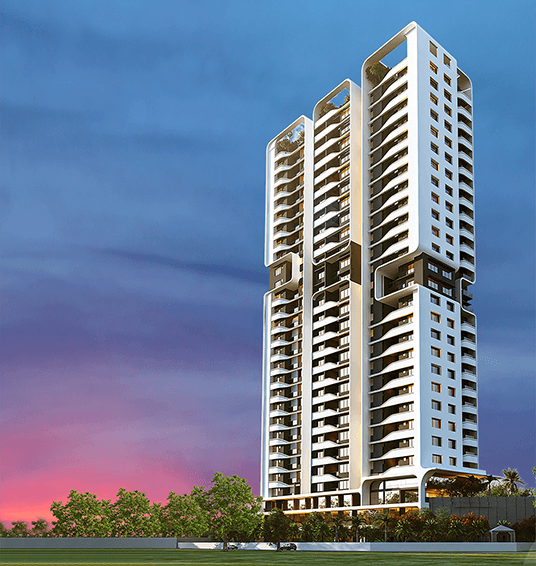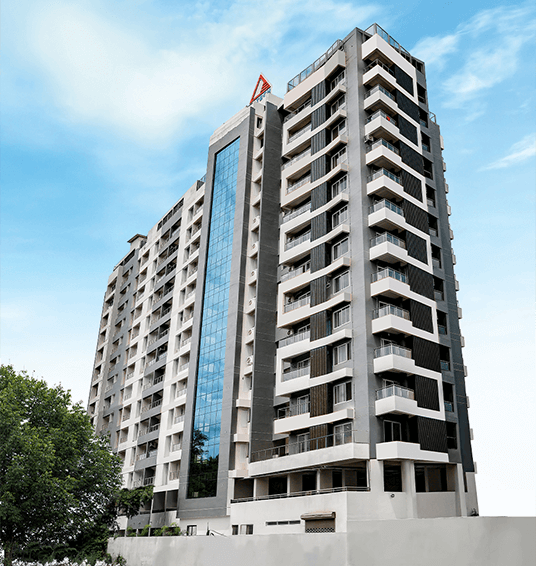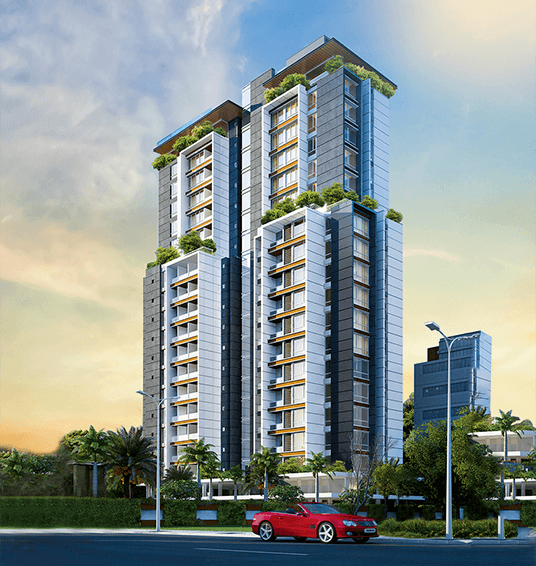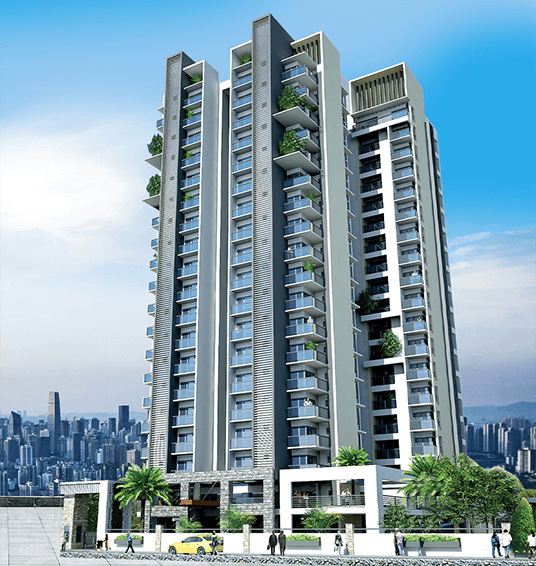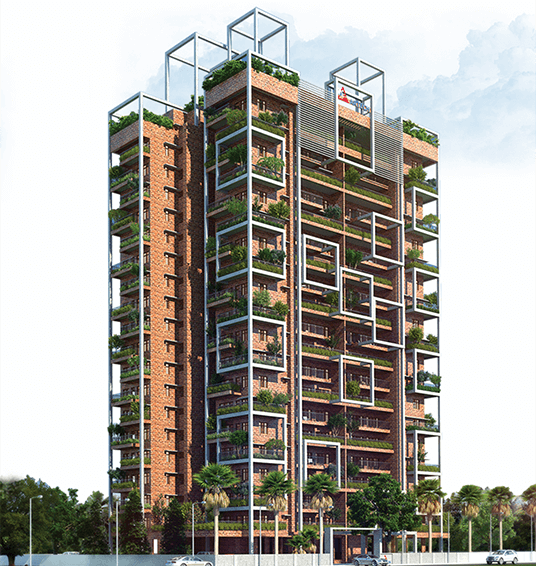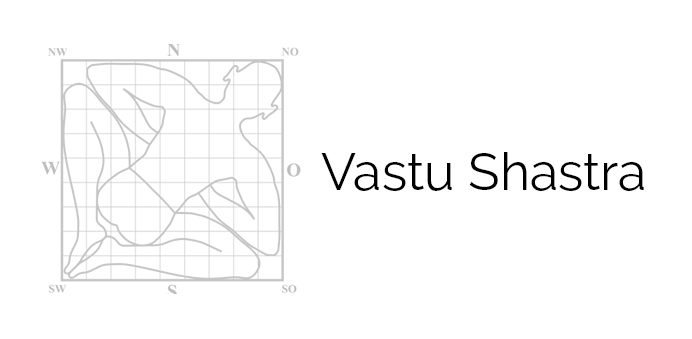
Vastu Shastra is an ancient Hindu system of architecture that’s supposed to have its origins in around 6000 BC. This ancient word basically translates into ‘science of architecture’ and represents a conduit between man and nature and provides laws on the construction of homes along appropriate guidelines for a healthy, wealthy, and peaceful abode.
According to Hindu mythology, it is believed that Lord Brahma asked Vishwakarma to develop an architectural system that included the powers of the basic five elements- air, water, earth, fire and space. This system helps in the organization of space within a structure based on their function in relation to one another as well as to their usage. Though this concept has been passed down so many generations through the centuries, sadly, as of today, this science has become a debatable question.
The current generation cannot understand or accept the significance of such an ancient subject in modern constructions with the end result of many people disregarding Vastu Shastra when buying a new home. They doubt its relevance in the current economic scenario and environment. These younger Indians are of the opinion that it’s better to adapt to new and innovative ways rather than being a ‘stick-in-the-mud’ and still following contemporary ideas; that with the current trend of having to struggle for a plot of ‘air’ in the multi-storey apartments being so tough, it’s a further burden to try and adapt that restricted space to the concepts of Vastu Shastra. The general concept now is that Vastu Shastra is for the rich who can afford to spend extra to change building plans to suit this ancient science. Another school of thought feels that the only Vastu necessary these days is that needed for building earthquake and cyclone-resistant buildings! That with this specific Vastu, it would not only help them to stay healthy, wealthy and at peace, but also feel a lot safer…
The current trend these days is to buy an apartment that is close to amenities and easy on the pocket, so the concept of following Vastu guidelines becomes redundant. Today, India is still a developing country and the common man cannot afford to follow concepts like Vastu, and for many, it’s just such a relief to afford a roof of their own, making Vastu Shastra totally irrelevant!
At the same time, the application of Vastu Shastra is a Vedic science and architectural technology that is not time related, but eternal. The ancient Vastu architects were aware of structural engineering and construction technologies that are being used even today, so the question of Vastu Shastra being obsolete or redundant doesn’t arise. It can be said that the Vastu Shastra of modern day architecture is similar to the ancient science, only difference is in the way of approaching the concepts. This infers that unknowingly, we are still following the ancient science as derived from the Vedic sutras!
Luckily for some, there are a few Realtors in Kerala who religiously follow Vastu Shastras while designing and building their apartment complexes, so the common man doesn’t have to take the additional burden of worrying whether his new home is Vastu complaint or not!






